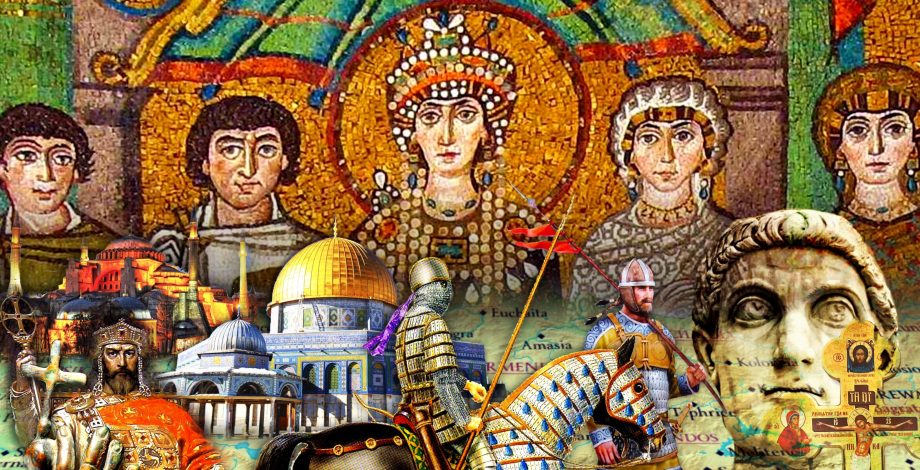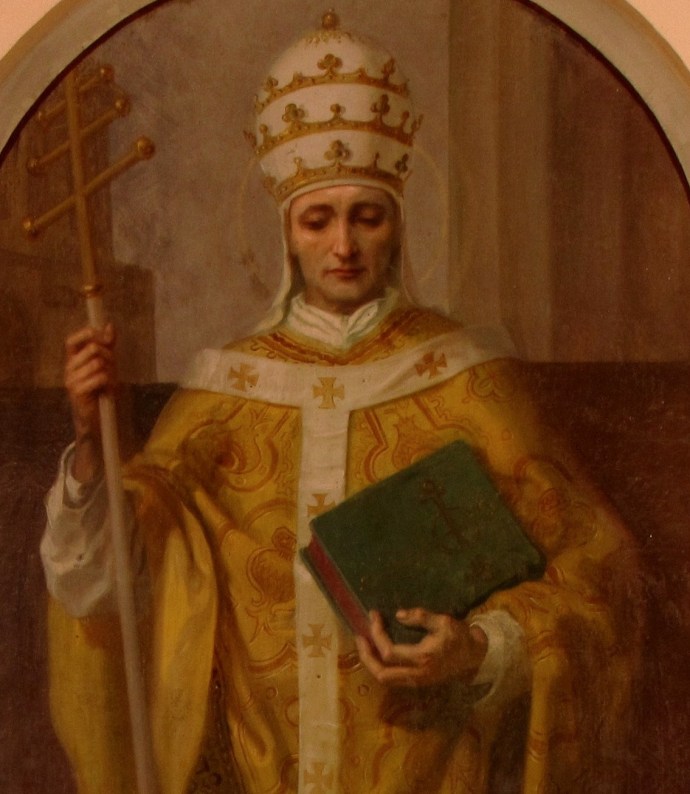The rapacious behaviour of the Normans in Italy brings together an alliance against them. The Byzantines and the Papacy try to get on the same page but discover that they may never be able to.
Period: 1054
Download: The Great Schism
RSS Feed: The History of Byzantium
If you want to send in feedback to the podcast:
– Either comment on this post.
– Or on the facebook page.
– Leave a review on Itunes.
– Follow me on Twitter


This will be the first episode of this podcast that I will not listen to. I hope you read my comment and take it as a constructive feedback.
I won’t listen to this episode because I know it will be a painful grind focused on absolutely inconsequential religious debates much similar to what we had in this series regarding other religious non-issues such as Iconoclasm.
Please take this from a person who has lived most of his life in a theocracy (Iran). Religious theological differences are non-issues.They always have been. Unfortunately, throughout this podcast, you wasted the precious time dwelling on them which makes the podcast painful to listen to at times.
Did Byzantines and Bulgars fight less often and less brutally after Bulgars converted to Christianity?!
If this was such a “great” schism, why did papacy come to the aid of Byzantines only half a century later?
Didn’t crusaders, who were suppose to be fighting infidels, realize Byzantines are fellow Christians when they sacked Constantinople in 1204?
Did more people die in battle in the holy land throughout the era of crusades than other parts of middles east or Europe?
Did Saladin kill more Christians than Muslims? Did Richard the lion-heart or Bohemond of Taranto kill more Muslims than Christians?
Religion and religious debates, in the context of power politics, are absolute non-issues. Race, language and aesthetics have always been far more important in human relations.
Arash, this is part of the history of Byzantium. You make these comments as if its actually practical to omit the “The Great Schism of 1054” out out the history of Byzantium. Your comments show what your preferences are, but do realize Robin has done an amazing job and and it seems rather immature of you to make a complaint like this…
I don’t agree that my comment was immature. I articulated my point very clearly with good examples. I won’t deny it that I’m upset and I did let it be known in the comment. I’m upset because after listening to this podcast for so long, I now view it as a bit of a missed opportunity. This is a very fascinating part of history and Robin could be the perfect person to narrate it. He has a good voice, right pace of speech and clearly a lot of enthusiasm about the subject. But I find it a bit sad that time and again he has fallen into the trap of religious debates. At times, it feels as if he is trying to explain the whole Byzantine history through the lens of religious minutiae.
No one can say that religion did not matter to ancient Romans. But do we constantly talk about Apollo and Jupiter and vestal virgins when we talk about history of roman Repulic?!
Look at the surviving portrait of Nikiphoros Phokas. He is wearing an eastern costume and holding a scimitar! look at art forms of Byzantine troops. They wore turban! By 10th century, the Byzantine art forms and aesthetics had no resemblance to western,classical art and everything was eastern looking. When did this shift occur? What were racial and linguastic changes occurring in the society? These are what makes history fascinating to read not religious non-issues.
Arash, this is why you should have listened. The conclusion reached is just that it was mostly inconsequential and that the new Pope shortly after had no problems dealing with the excommunicated patriarch.
I’ve been looking forward to this episode for quite some time. So it is interesting to hear that the “Great Schism” was more of one-of-many tiffs than a singular, momentous event. Well done!
In other news, I’ve finally caught up with this podcast! I began my podcast-listening “career” a couple of years after Mike Duncan completed History of Rome. I went through that seminal podcast (twice), then began working through History of Byzantium in chunks, commonly taking breaks and then re-listening to several dozen episodes before surging forward. Along the way I’ve been sidetracked with other fine podcasts (as well as quite a few less-than-fine ones), and have just caught up. I look forward to the audio journey to 1453.
The podcast is amazing, but this might be the best episode. Well done
I know this episode is from a while ago, but I wanted to see if you could respond to the following: at about the 19:30 minute mark, you said, “a series of Byzantine patriarchs and emperors had been marked down as heretics…whereas, not a single pontiff was on that list.”
But Pope Honorius I was condemned and said to be used by the Devil in originating and spreading the heresy of monoenergism at the Third Council of Constantinople (the 6th Ecumenical) (from the text of the council in Decrees of the Ecumenical Councils ISBN 0-87840-490-2 Vol. 1 pp.125-6, and which was confirmed by Pope St. Leo II in several letters subsequently.
I understand that later Protestants would point this out, but I wonder if contemporary Byzantines noted it and used it in their apologetics against Rome around the issue of infallibility? Have you come across anything like this?
Hey, I haven’t I’m afraid. Church history is not my strong suit